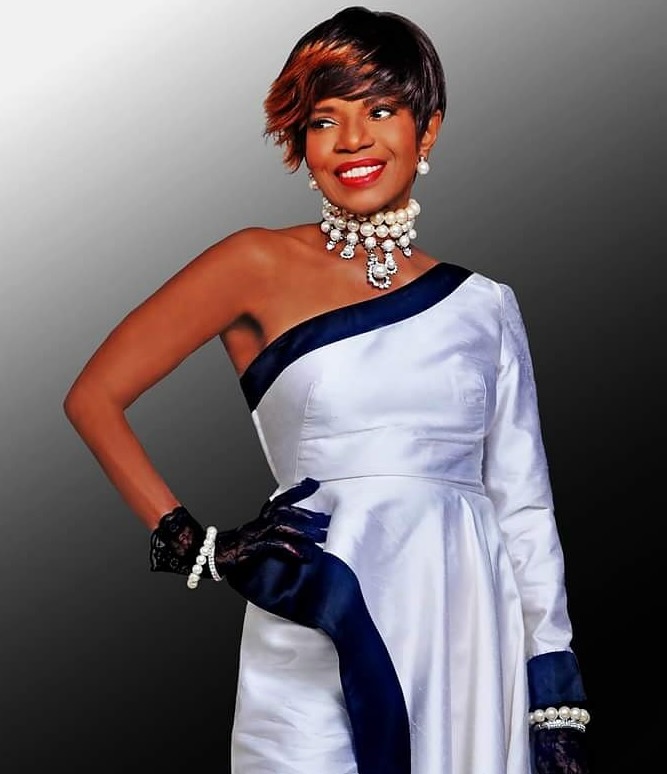Melba Moore Live at Blues Alley
Tony Award-winning, Grammy Award nominated siren performs in Georgetown.

Melba Moore will be performaing live at Blues Alley August 9-11, 2024. Purchase tickets here.
Moore has commanded stages around the world and who has conquered Broadway in memorable roles in HAIR (1967), becoming the first black woman to replace a white woman in a lead role on Broadway when she replaced Diane Keaton, PURLIE (1970) becoming the first black actress to win a Tony Award for best supporting actress in a musical, and becoming the first Black actress to play the role of Fantine in LES MISERABLES (1995).
Melba is back with So In Love, the first release from IMAGINE, her latest offering to the musical landscape, which spent 3 weeks atop The UK Soul Top 30 Chart in November 2021 and returned Moore to airwaves in the United States and around the globe. The world is ready for MORE MELBA! The album was a labor of love, collaborating with her daughter Charli Huggins, who heads her own independent imprint, The Gallery Entertainment, as well as her uncle (veteran music producer) Beau Huggins (whose sophisticated stylized sound ruled the charts with hits for Moore, Freddie Jackson, Lillo Thomas, Kenny G, Kashif and many more).
First signed to Buddah Records, Melba had hits like “This Is It,” “Lean On Me” and “You Stepped Into My Life,” garnering international success. Later signed to Capitol Records, she followed that success with “Love’s Comin At Ya” and then a string of R&B hits followed, including "Read My Lips"—which later won Moore a third Grammy nomination (for Best Female Rock Vocal Performance), making her just the third black artist after Donna Summer and Michael Jackson to be nominated in the rock category. Hits like the #1 "A Little Bit More" with Freddie Jackson and "Falling," a hypnotic ballad that features one of the longest held notes in recorded history. Moore would also record “Lift Every Voice And Sing” (the Negro National Anthem) at the behest of Dr. Dorothy Height, the president of the National Council of Negro Women, who wanted Moore to use her formidable talent to ensure that the song would reach a new generation. Moore’s version of the anthem is registered in the United States Library of Congress as the official Black National Anthem and is also preserved by the Library of Congress as an aural treasure.





